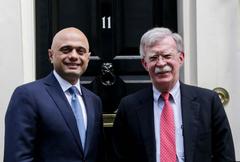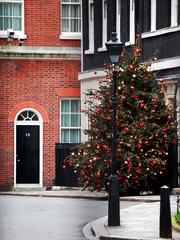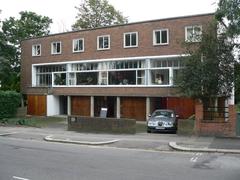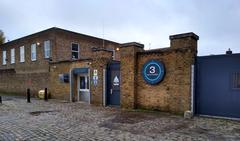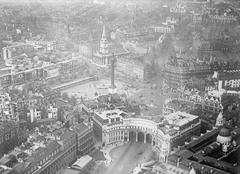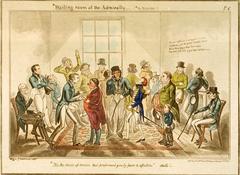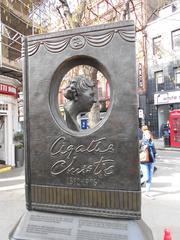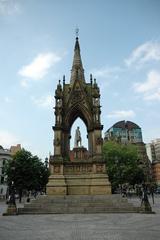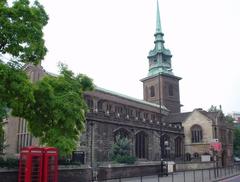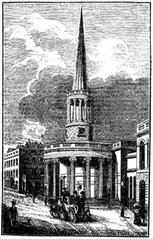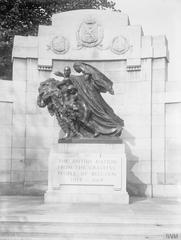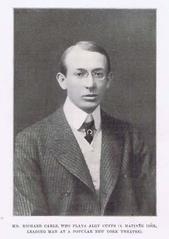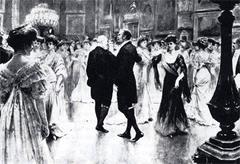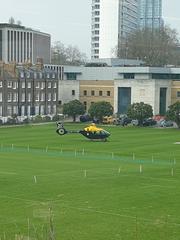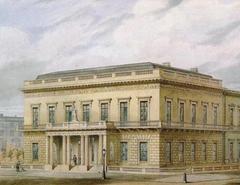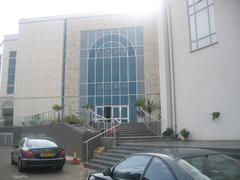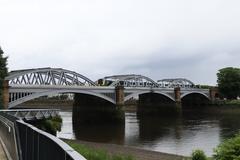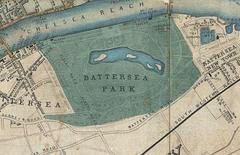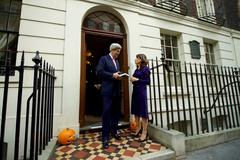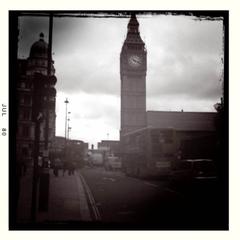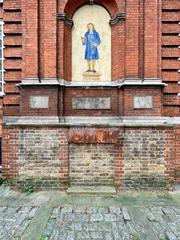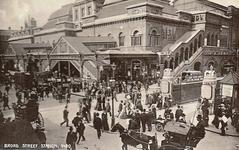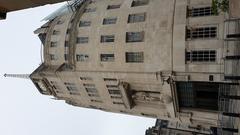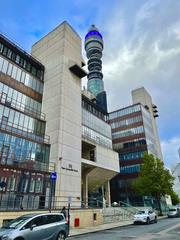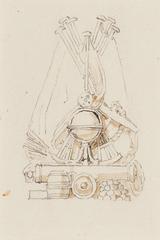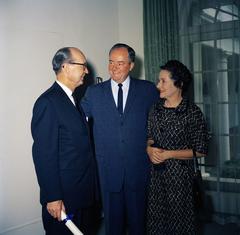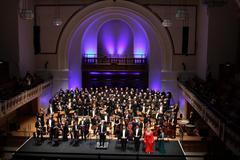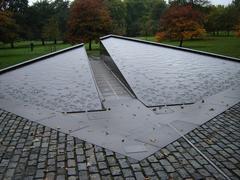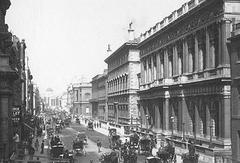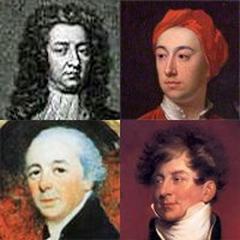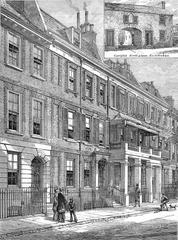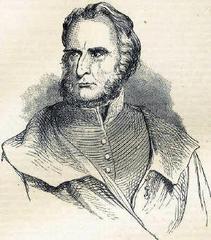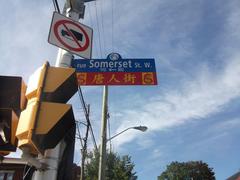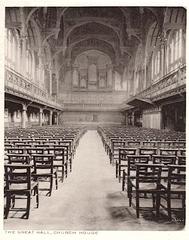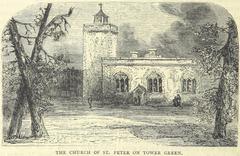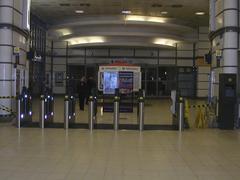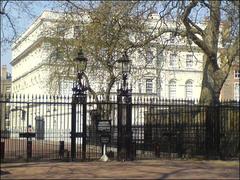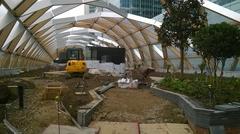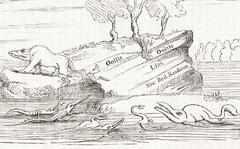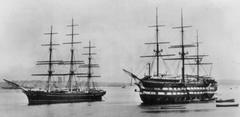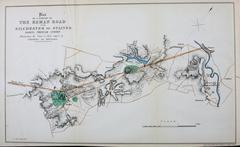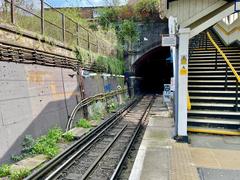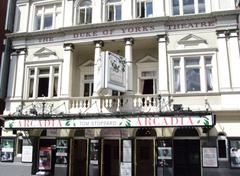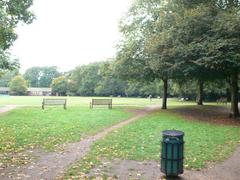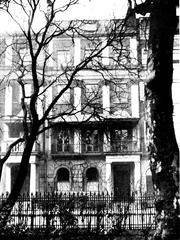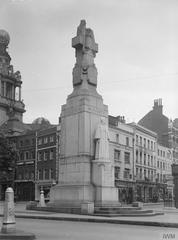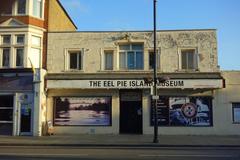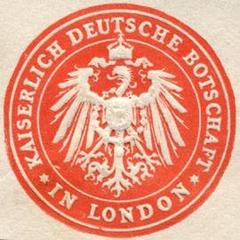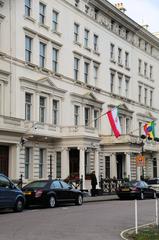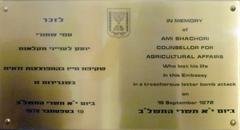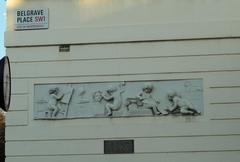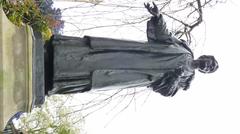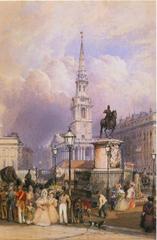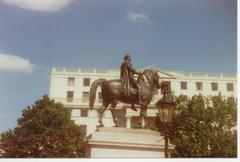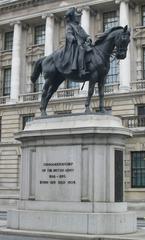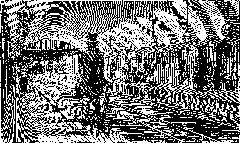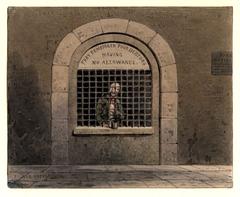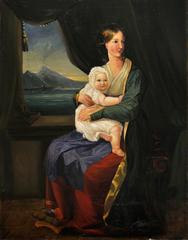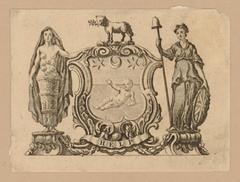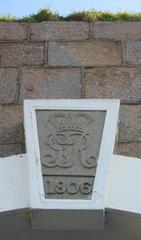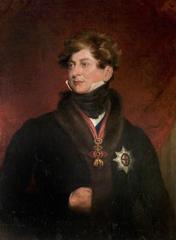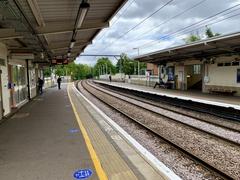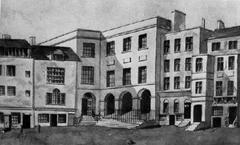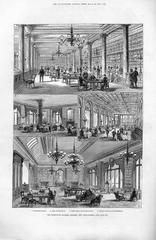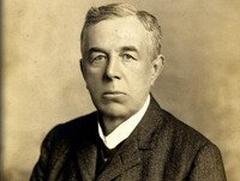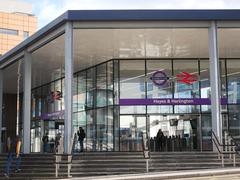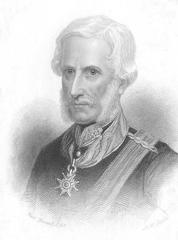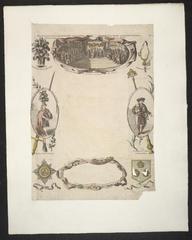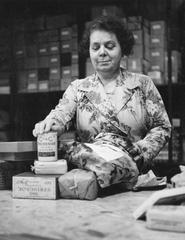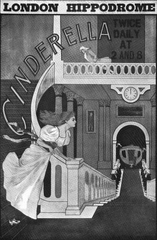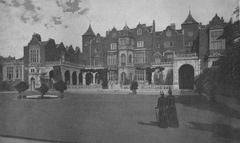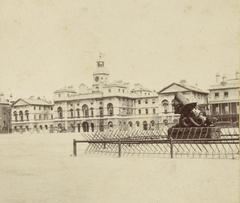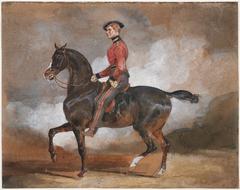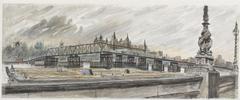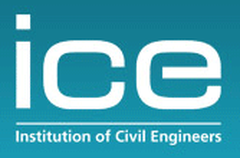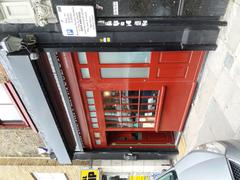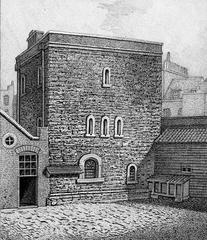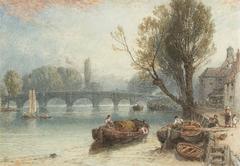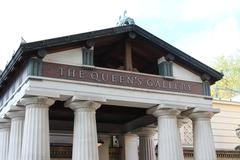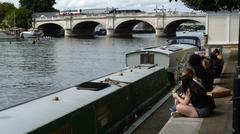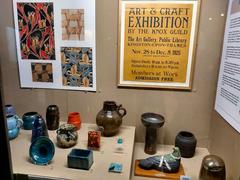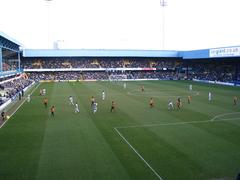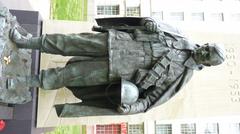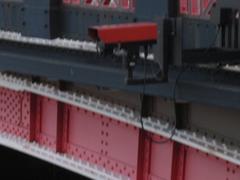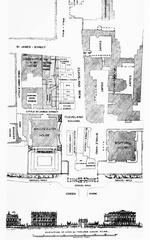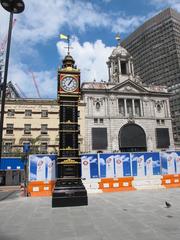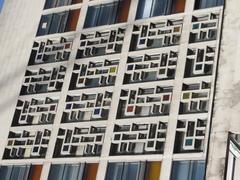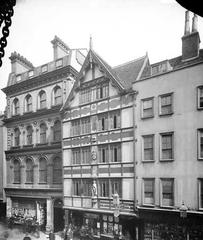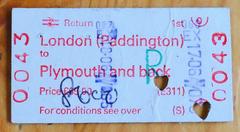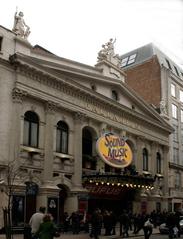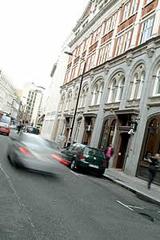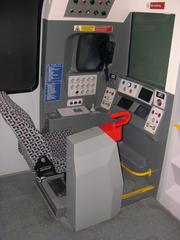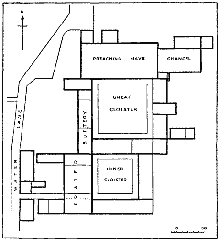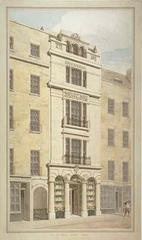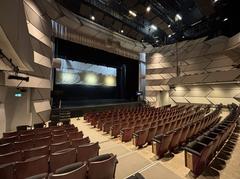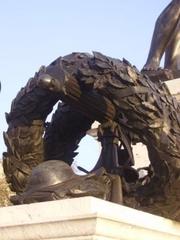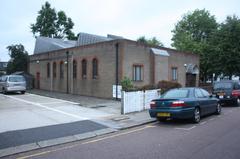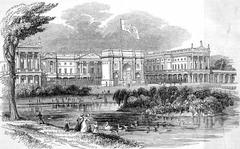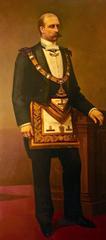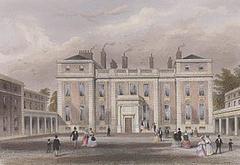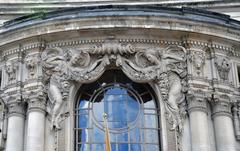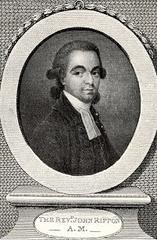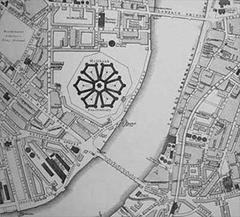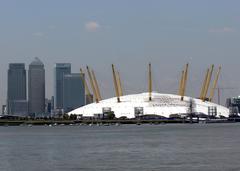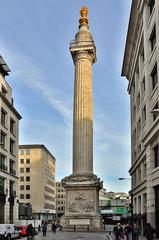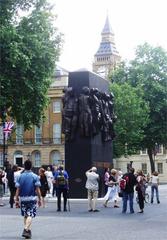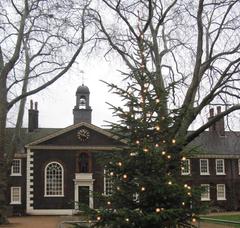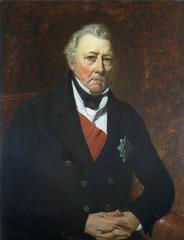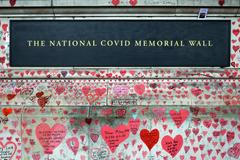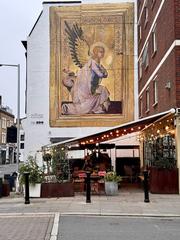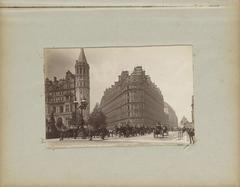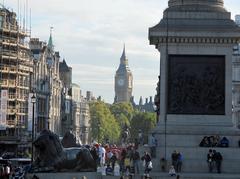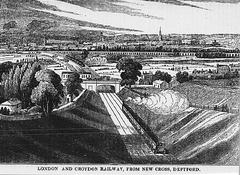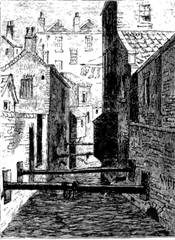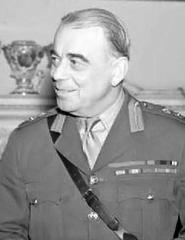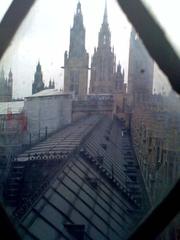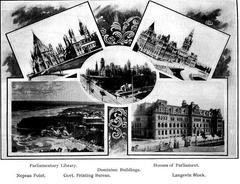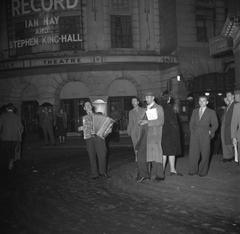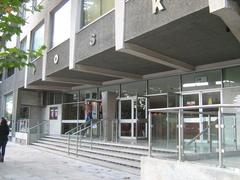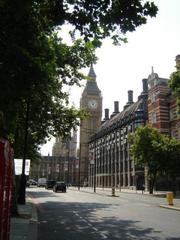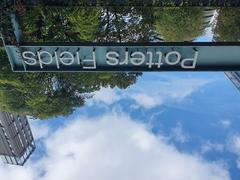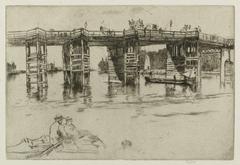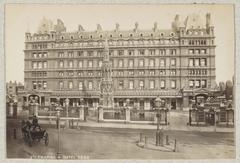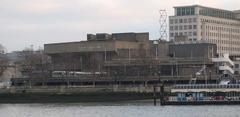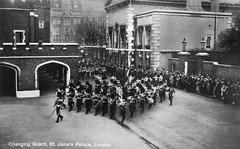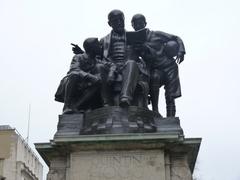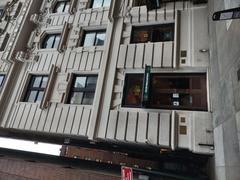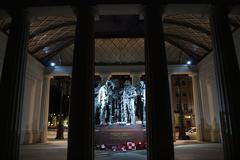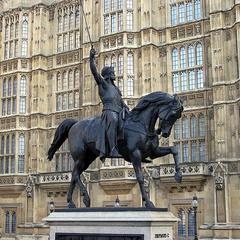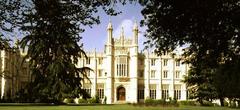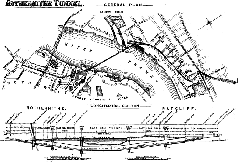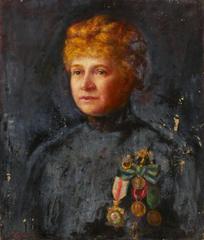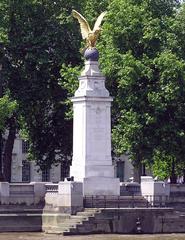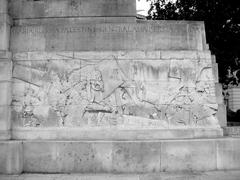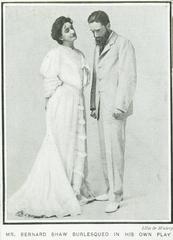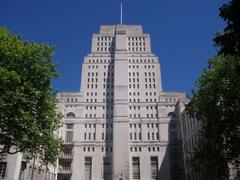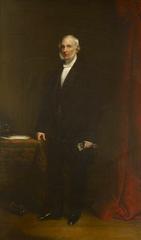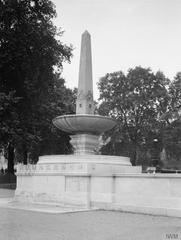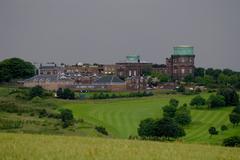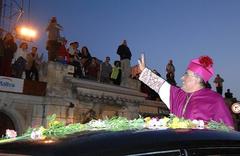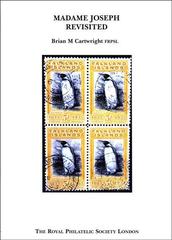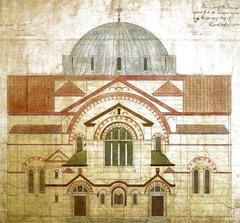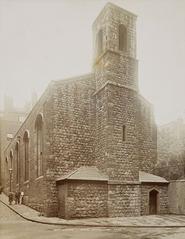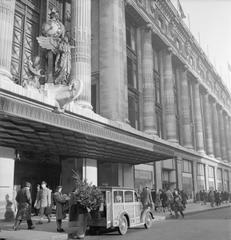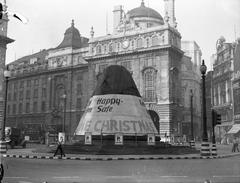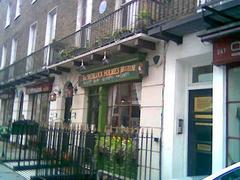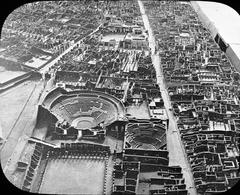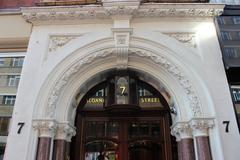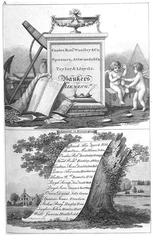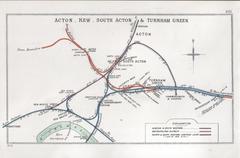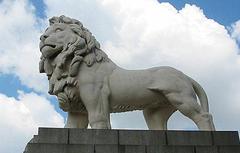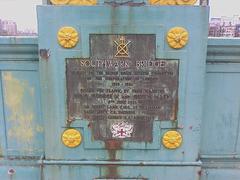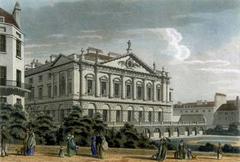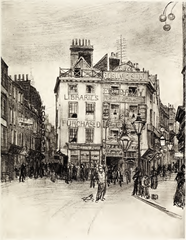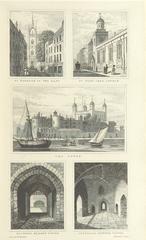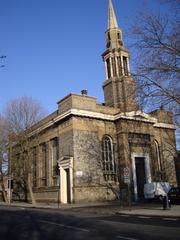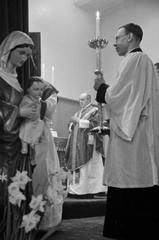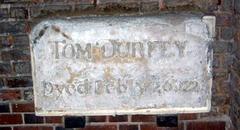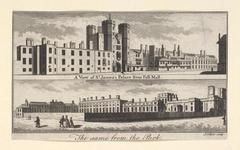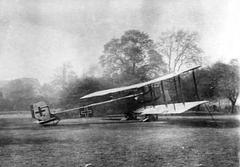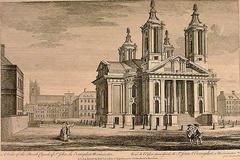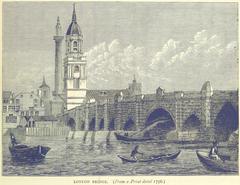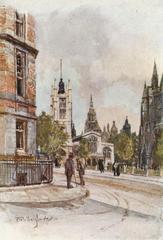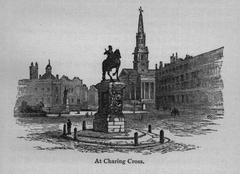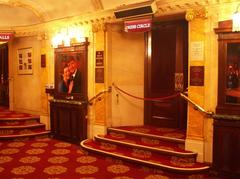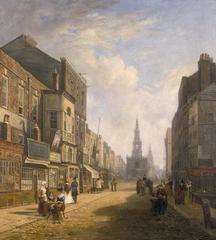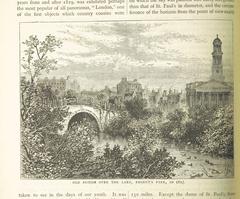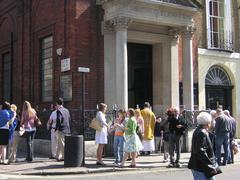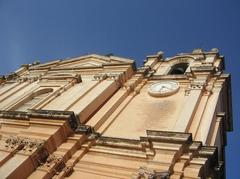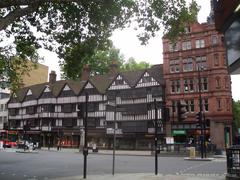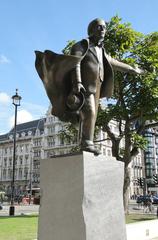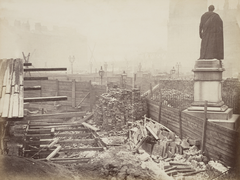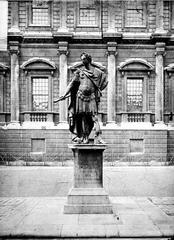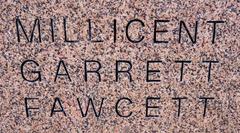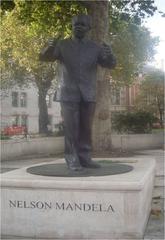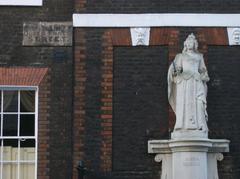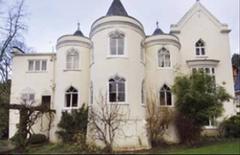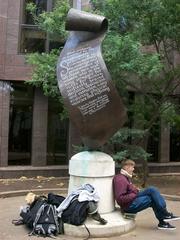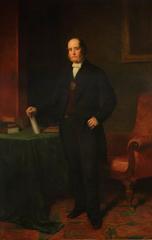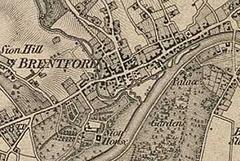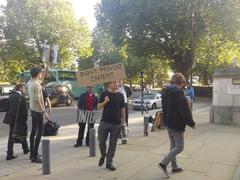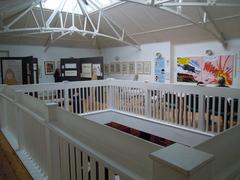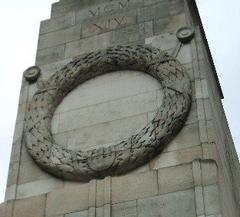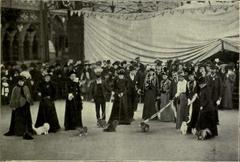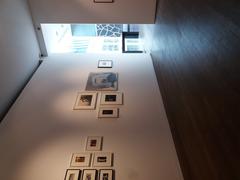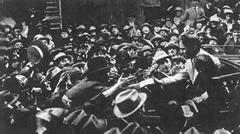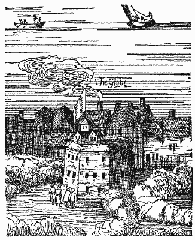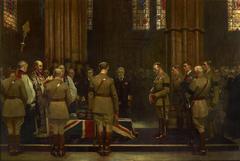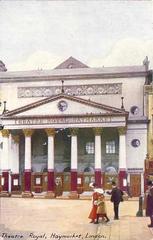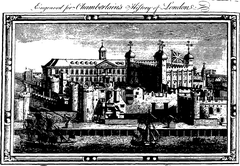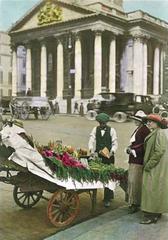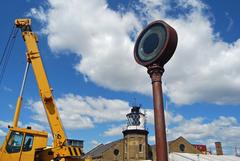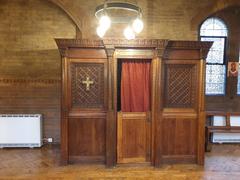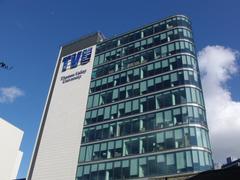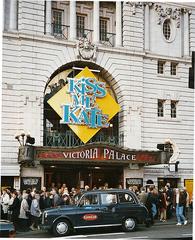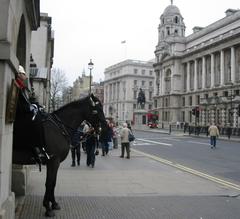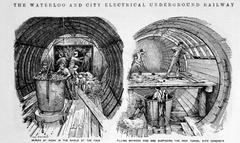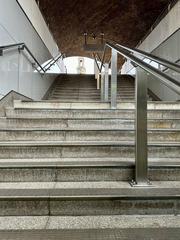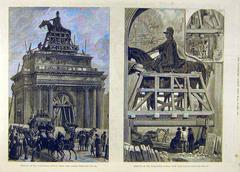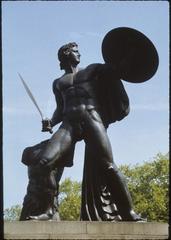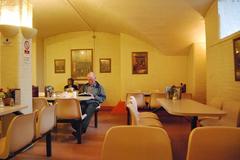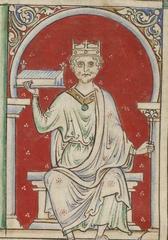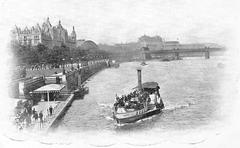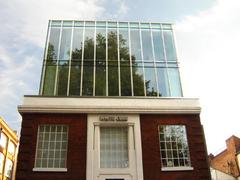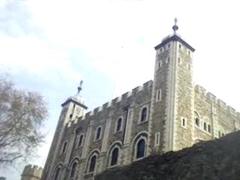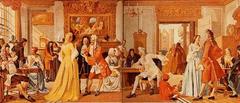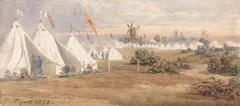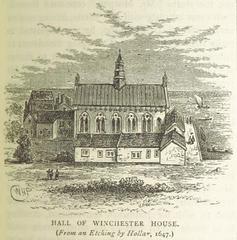
London Archives Visiting Hours, Tickets, and Historical Sites Guide
Date: 03/07/2025
Introduction
The London Archives, formerly the London Metropolitan Archives (LMA), is the United Kingdom’s leading centre for the preservation and exploration of London’s documentary heritage. Since its establishment in 1965, it has brought together records from the London County Council and Middlesex County Council, forming a repository that traces the city’s story from 1067 to the present day. This vast collection includes manuscripts, maps, photographs, films, and official documents that illuminate the evolution of London’s communities, governance, and built environment.
Managed by the City of London Corporation, The London Archives is committed to public engagement, offering exhibitions, talks, and educational programmes. Following its rebranding in August 2024, the Archives now emphasise digital innovation, wider accessibility, and a renewed focus on serving Londoners and global visitors alike. Whether you’re researching your family tree, delving into academic studies, or simply curious about the capital’s past, this guide provides everything you need to plan a visit—including hours, ticketing, exhibitions, facilities, and nearby attractions.
For the latest updates, visit the official London Archives website and consult FamilySearch’s guide for additional research resources.
Contents
- Introduction
- Origins and Evolution of The London Archives
- Institutional Significance
- Recent Developments and Rebranding
- Notable Exhibitions and Public Programmes
- Collection Highlights and Research Facilities
- Visiting Information: Hours, Tickets, and Travel Tips
- Accessibility and Visitor Facilities
- Nearby Attractions
- Frequently Asked Questions (FAQ)
- Visual and Interactive Resources
- Conclusion and Visitor Recommendations
- References
Origins and Evolution of The London Archives
Founded in 1965, The London Archives unified the collections of the London County Council and Middlesex County Council, creating an unparalleled record of the city’s development across nearly a millennium. Its collections span parish registers, census data, wills, and unique material documenting London’s diverse communities, architecture, and social changes. The archive’s holdings reflect the daily life, governance, and transformation of London from medieval times to today, serving historians, genealogists, and the general public.
Institutional Significance
As a major public resource, The London Archives preserves the administrative memory of the capital while actively supporting research, learning, and cultural engagement. Its free, open-access policy ensures that anyone can explore London’s historical records. The institution’s outreach includes public exhibitions, lectures, community programmes, and partnerships with local schools and organisations, fostering a broad understanding of London’s heritage (City of London Corporation).
Recent Developments and Rebranding
The rebranding to The London Archives in August 2024 signals an expanded mission: enhancing digital accessibility, advancing innovative exhibitions, and serving a more diverse audience. Improvements include a revamped online catalogue, digitised records for remote access, and new participatory programmes. The commitment to free access and inclusivity remains central, welcoming both local and international visitors (The London Archives Official Website).
Notable Exhibitions and Public Programmes
Current and Upcoming Exhibitions
-
London in the Second World War (24 February – 30 October 2025):
This exhibition features London County Council bomb damage maps, photographs by police photographers Cross and Tibbs, personal diaries, and oral histories. It highlights the impact of wartime and the city’s postwar reconstruction efforts.
Book free tickets -
Lost Victorian City (13 May 2024 – 5 February 2025):
Explore rare photographs and documents depicting the dramatic transformation of Victorian London, with images of vanished landmarks and street scenes.
More information
Public Programmes and Learning
- Talks and Lectures: Covering London’s architecture, social history, and more.
- Workshops: On archival research, family history, and document care.
- Community Initiatives: Collaborations with schools and local groups, including interactive programmes for Key Stage 2 and above (School programmes).
- Youth Volunteering: Launching 2026, engaging young people in archival work.
Collection Highlights and Research Facilities
-
Key Holdings:
- William the Conqueror’s Charter (c.1067)
- Magna Carta (1297)
- Shakespeare’s Blackfriars Deed (1613)
- Victorian photographs and bomb damage maps
- Oral histories, including the HIV/AIDS crisis
-
Research Support:
- Expert archivists and librarians on hand for guidance
- Digitised collections and self-service facilities
- Access to the Guildhall Library Service for over 200,000 books on London’s history (Explore collections)
-
Facilities:
- Reading rooms, microfiche readers, computers, and mediatheque stations
- Free Wi-Fi
- Lockers and storage for personal items
Visiting Information: Hours, Tickets, and Travel Tips
-
Location: 40 Northampton Road, Clerkenwell, London EC1R 0HB
-
Opening Hours:
- Monday–Thursday: 10:00 am – 4:00 pm
- One Saturday per month (check official website for dates)
- Closed Fridays, Sundays, and bank holidays
-
Entry and Tickets:
- Admission to exhibitions and public areas is free
- Some workshops or tours may require advance booking or a fee
- To access original documents, register for a free History Card onsite with valid photo ID
-
Directions:
- By Tube: Farringdon and Angel stations (10–15 min walk)
- By Bus: Routes 55, 243, 214, and others stop nearby
- By Train: Farringdon station (National Rail and Thameslink)
- Travel information
-
Cycling and Parking:
- Bike racks and lockers available; car parking is limited, so public transport is recommended
- Accessibility Guide
Accessibility and Visitor Facilities
-
Accessibility:
- Step-free entry, lifts, accessible toilets, induction hearing loops
- Guide dogs welcome; staff assistance available on request
- Accessibility guide
-
Amenities:
- Visitors Lounge with lockers and information points
- No on-site café; food allowed in lounge area
- Numerous local cafés and restaurants in Clerkenwell (Local Area Guide)
-
General Tips:
- Bring valid ID for History Card registration
- Use pencils (not pens) for note-taking
- Large bags and coats must be stored in lockers
- Photography of documents permitted with staff permission; daily license may apply
Nearby Attractions
- Museum of London
- Smithfield Market
- Barbican Centre
- British Museum
- Clerkenwell Green
All are easily accessible by public transport and can be visited on the same day for a broader historical experience.
Frequently Asked Questions (FAQ)
Q: What are the London Archives’ visiting hours?
A: Monday–Thursday, 10:00 am – 4:00 pm; one Saturday monthly. Closed Fridays, Sundays, and bank holidays.
Q: Is admission free?
A: Yes, entry to exhibitions and public areas is free. Some events or tours may require a ticket.
Q: Do I need a History Card?
A: Only if you wish to access original archival materials. Register for free onsite with valid photo ID.
Q: Is the building accessible for those with disabilities?
A: Yes, with step-free access, lifts, accessible toilets, and staff support.
Q: Can I park on site?
A: Limited parking; public transport is recommended. Accessibility parking details are online.
Q: Are children welcome?
A: Yes, and family-friendly workshops and events are regularly scheduled.
Q: Are guided tours available?
A: Yes, during special events or by advance booking for groups.
Visual and Interactive Resources
- Virtual tours and interactive maps available via the official website
- London Picture Archive: over 250,000 digitised images and films (London Picture Archive)
- Curated digital displays and the Mediatheque on-site
Suggested image alt-texts:
- Exterior of The London Archives building in Clerkenwell, London, showing main entrance
- Display case with William the Conqueror’s Charter
- Photograph of Shakespeare’s Blackfriars Deed
- Victorian-era street scene in London
- Map of The London Archives’ location and transport links
Conclusion and Visitor Recommendations
The London Archives stands as a vital gateway to London’s history, offering free public access, modern research facilities, and a diverse programme of exhibitions and events. Its central location, expert staff, and commitment to accessibility make it an essential destination for anyone interested in the city’s past. Explore rare documents, participate in engaging programmes, and discover the stories that have shaped London over centuries. Plan your visit today by checking current hours and exhibitions on the official website, and enhance your experience with the Audiala app for curated tours and updates. Immerse yourself in the archives and uncover the narratives that define one of the world’s greatest cities.
References and Further Reading
- The London Archives Official Website
- Visiting The London Archives: Opening Hours, Tickets, and Historical Treasures
- London Archives Visiting Hours, Tickets, and Visitor Guide: Everything You Need to Know
- Visiting The London Archives: Exhibitions, Tickets, and Historical Research in London
- FamilySearch’s Guide to London Metropolitan Archives
- EC1 Echo - Lost Victorian City Exhibition
- City of London Corporation
- London Picture Archive
- The London Archives Exhibitions



